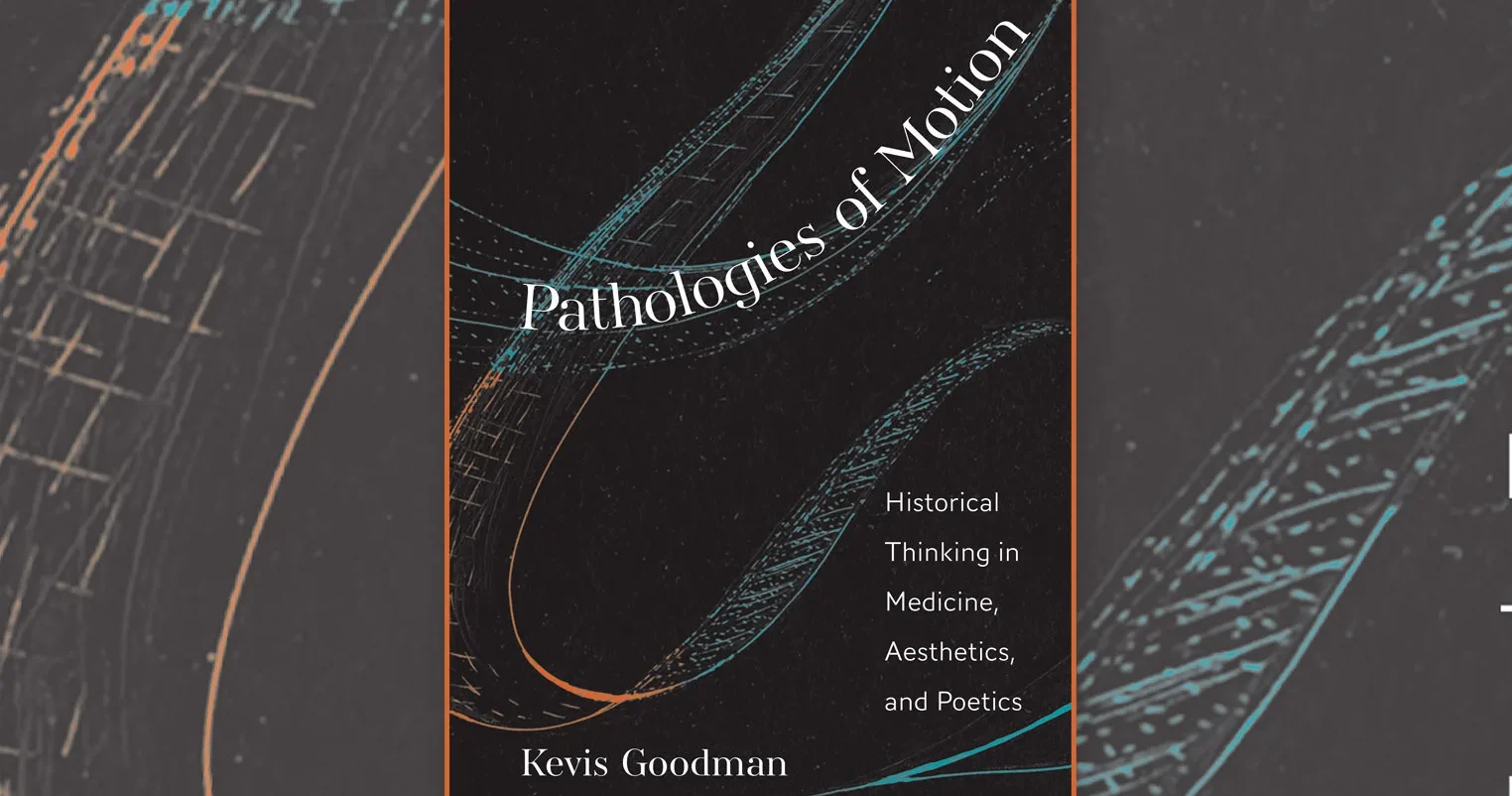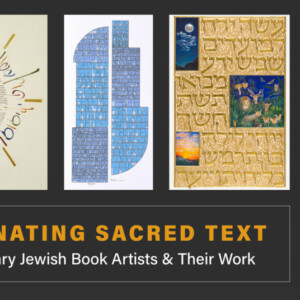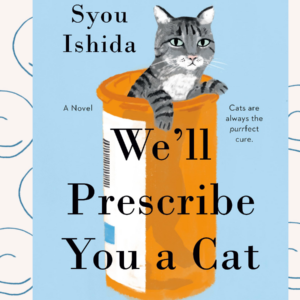
Book Talks in the Medical Humanities: Kevis Goodman’s Pathologies of Motion
Kevis Goodman’sPathologies of Motionstudies later eighteenth-century medicine, aesthetics, and poetics as overlapping forms of knowledge increasingly concerned about the relationship between the geographical movements of persons displaced from home and the physiological or nervous “motions” within their bodies and minds. Looking beyond familiar narratives about medicine and art’s shared therapeutic and harmonizing ideals, this book explores Enlightenment and Romantic-era aesthetics and poetics in relation to a central but less well-known area of eighteenth-century environmental medicine: pathology.
No mere system of diagnosis or classification, philosophical pathology was an art of interpretation, offering sophisticated ways of reading the multiple conditions and causes of disease, however absent from perception, in their palpable, embodied effects. For medical, anthropological, environmental, and literary authors alike, it helped to locate the dislocations of modern mobility when a full view of their causes and conditions remained imperfectly understood or still unfolding. Goodman traces the surprising afterlife of the period’s exemplary but unexplained pathology of motion, medical nostalgia, within aesthetic theory and poetics, arguing that nostalgia persisted there not as a named condition but as a set of formal principles and practices, perturbing claims about the harmony, freedom, and free play of the mind.
About the Author
Kevis Goodmanis a professor of English at the University of California, Berkeley. In addition to published essays and edited collections, she is the author of Georgic Modernity and British Romanticism: Poetry and the Mediation of History. She teaches and writes in the fields of later 17th-century British literature (especially Milton), 18th-century British Literature (especially after 1740), and Romanticism. Within those historical periods, her interests gravitate toward questions in aesthetics and poetics, science and literature, and literary historiography. Her new book, Pathologies of Motion: Historical Thinking in Medicine, Aesthetics, and Poetics (Yale University Press, 2023), was awarded the Jean-Pierre Barricelli Prize for the year’s best book in Romantic studies from the International Conference on Romanticism.
About the Respondents
Thomas W. Dodman is a historian of modern France and its empire, with broad training in European, cultural and intellectual history, and ancillary interests in psychoanalysis, anthropology, political economy, and social theory. His research typically grapples with forms and experiences of social change in the modern era. He focuses on instances of war, revolution, and colonialism, and approaches these through the study of emotions, memory, and medicine in particular.
Rishi K. Goyalis an Associate Professor of Emergency Medicine at the Columbia University Medical Center and founding director of the major in Medical Humanities. Professor Goyal completed his residency in Emergency Medicine as Chief Resident while finishing his PhD in English and Comparative Literature. His research interests include the health humanities, the study of the novel, and medical epistemology. His writing has appeared in The Living Handbook of Narratology, Aktuel Forskning, Litteratur, Kultur og Medier, and The Los Angeles Review of Books, among other places. He is a Co-Founding Editor of the online journal, Synapsis: A Health Humanities Journal.
About the Moderator
Arden Hegele is the author of Romantic Autopsy: Literary Form and Medical Reading (2022). She was a member of the Society of Fellows from 2016-2019.
Please email disability@columbia.edu to request disability accommodations. Advance notice is necessary to arrange for some accessibility needs.



